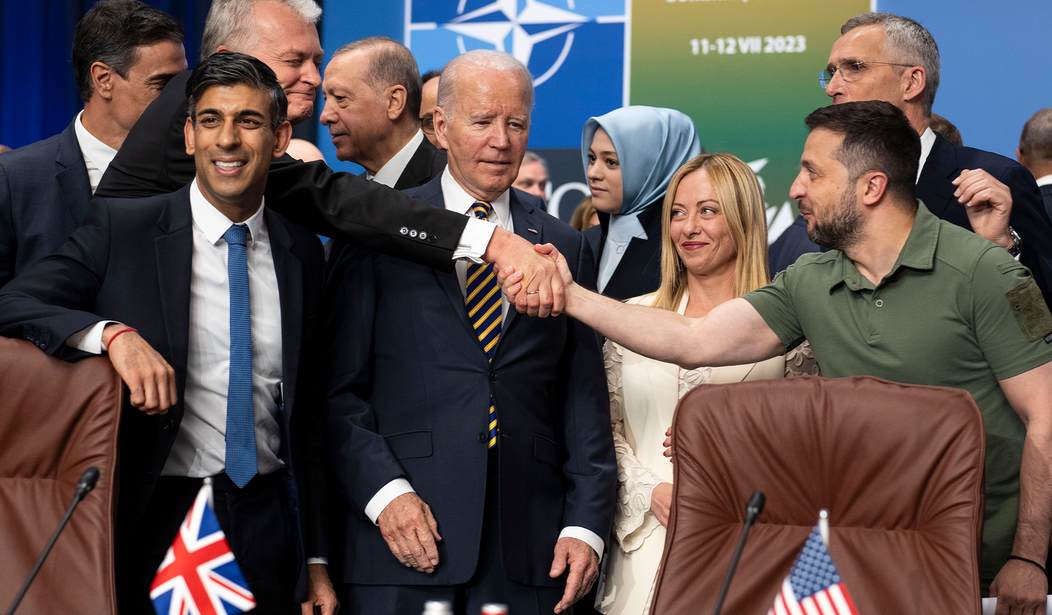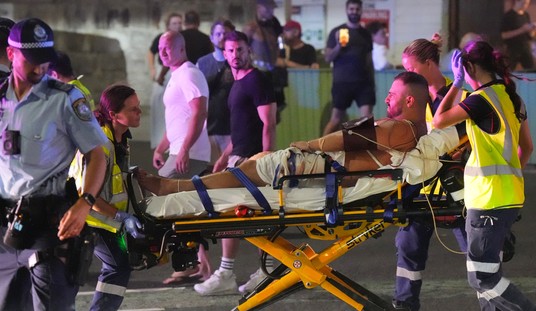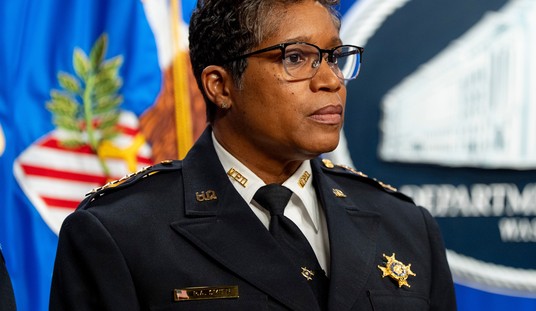The North Atlantic Treaty Organization (NATO) is meeting in the United States this week to celebrate its 75th anniversary and figure out how much more money member states should give to Ukraine.
But there are many in and out of the alliance who question the reason for NATO's continued existence. In 1945, when NATO was formed, Western Europe was prostrate after the Second World War. An alliance against the Soviet Union seemed reasonable and prudent given Stalin's aggression in Eastern Europe. Then, as now, the European states depended on the United States for protection.
Today. the combined GDP of the largest NATO states matches that of the U.S. It's not that Europe can't afford to defend itself. Europe doesn't want to. And therein lies the dilemma for America.
NATO would be a useful counter to Russia and China if the member states spent as large a percentage on national defense as the U.S. But that's not the case today. Most of the militaries in NATO are subpar with a few exceptions. They haven't had to train warriors. That's been America's job.
So NATO trundles along, searching for a mission to justify its existence. There are nice, plush, comfortable offices in Brussels and a bureaucracy second to none. But a fighting force to put the fear of God into Russia or China? Not so much.
The longest-running alliance in history is now in deep trouble. And as Foreign Policy magazine points out, this time it's for real.
The Soviet Union and Warsaw Pact are no more, and Russia no longer has the capacity to conquer and subdue the European continent. True, it is waging an illegal war in Ukraine and might one day threaten the small Baltic states, but the idea that the Russian army is going to launch a blitzkrieg into Poland and drive to the English Channel is laughable. An army that has had its hands full against a smaller and weaker Ukraine is not about to become an instrument of rapid territorial expansion, even if Vladimir Putin harbored such ambitions.
Without the Soviet threat, should we expect NATO to pivot to protecting Western allies in Asia?
Meanwhile, China has emerged as a peer competitor to the United States (and the senior partner to Putin’s Russia), a formidable technological challenger, and the world’s largest trading nation. Today, Asia’s share of the world economy (54 percent) is substantially larger than Europe’s (17 percent), and its contribution to global economic growth is higher, too. China is also advancing territorial claims that could fundamentally alter the security environment there. For purely structural reasons, therefore, Asia rightly commands a greater share of U.S. attention today, and Europe rightly merits less. This is not to say Europe is of no importance whatsoever, but it no longer occupies pride of place among U.S. strategic interests. There has been a lot of chatter recently about NATO taking on a greater role in the Indo-Pacific, and observers from some Asian countries will be in attendance at the summit, but NATO’s European members couldn’t do much to affect the balance of power in Asia even if they wanted to.
Too many in Western Europe and the U.S. downgrade the threat from China even though in ten years China will be the dominant power in the world.
The NATO alliance is dying. Efforts to reconstitute it as a savior of Ukraine don't resonate with politicians or the citizens of NATO countries. The United States has spent more than $120 billion in military and economic aid to keep Kyiv afloat while the Russians put the Ukrainian army through a meat grinder.
Delusional Joe Biden believes that Ukraine can win. "Ukraine can and will stop Putin," he said in remarks to alliance representatives. Ukraine has neither the manpower nor armaments to carry out any kind of offensive against Russian forces. Ukraine's President Volodymyr Zelenskyy continues to beg for coins and weapons, but most in the alliance see a negotiated end to the war sooner rather than later.
Zelenskyy's only hope would be to get the U.S. to send an army to Ukraine and kick the Russians out. It's not going to happen, so Zelenskyy needs to start focusing on what he can save of his country rather than what he can win back from Moscow.










Join the conversation as a VIP Member